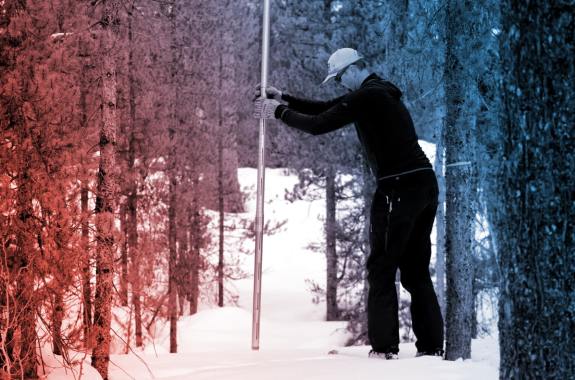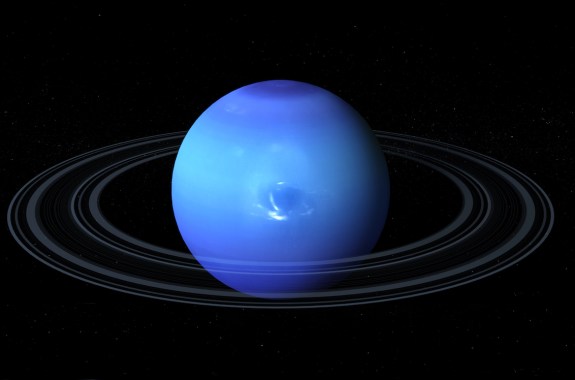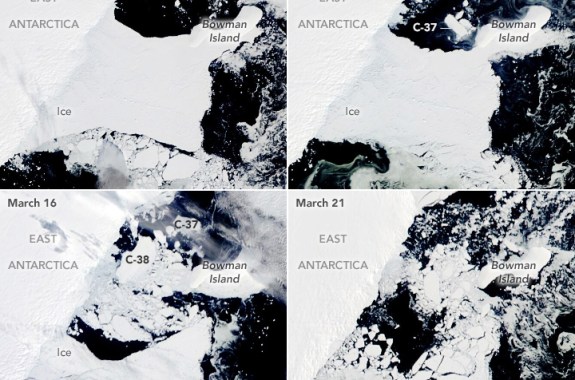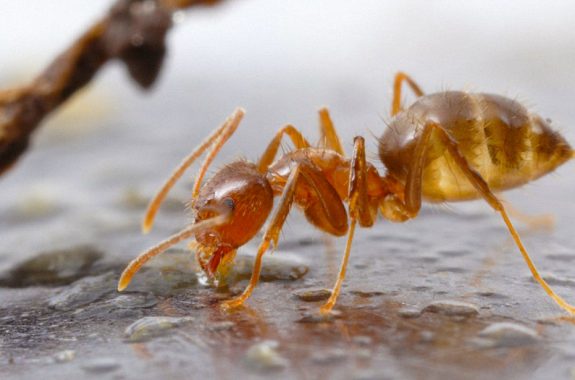Radio
Listen to Science Friday live on Fridays from 2-4 p.m. ET
November 22, 2024
On the 50th anniversary of Lucy’s discovery, paleoanthropologists reflect on what she means to science, and what she taught us about ourselves. Plus, divers have recovered seeds of a long-lost rye variety from a 146-year-old shipwreck in Lake Huron. And, just in time for Thanksgiving, a potato researcher explains potato varieties, potato nutrition, and some tubular tuber facts.
6:53
The Colorado River Misses Its Snow
Ongoing drought makes it more important to understand data about snow and rivers.
9:57
Exploring Neptune’s Unusual Seasons
Scientists still know surprisingly little about the planet, which has only been visited by spacecraft once.
17:26
Major Undercount In COVID Cases Makes Our Tracking Data Less Useful
A perfect storm of factors has resulted in COVID-19 case counts being so inaccurate they may be missing a current surge in cases.
12:11
FDA Convenes Panel On COVID Boosters And New Vaccines
Scientists still lack data to determine best intervals for COVID-19 booster doses.
11:53
The Future of Sustainable Farming Could Be Cold Plasma
The fourth state of matter makes plants grow faster. Scientists still don’t know why.
34:54
Why Are Teenagers So Sleep Deprived?
A new book explains the combination of factors causing teens to get less sleep than ever before, and how to make sure they get enough sleep.
34:00
Want To Get Your Spring Garden Going? Here’s Some Expert Advice
Garden gurus and vegetable specialists give advice for planning, prepping, and planting your best garden yet.
11:36
Why Another Antarctic Ice Shelf Collapsed
For the first time, an ice shelf in eastern Antarctica collapsed into the ocean. Here’s why climate change may have played a role.
8:15
An Oregon Lithium Deposit Could Help Power Clean Energy Tech
As the U.S. divests from Russian energy sources, it looks towards sites like a lithium deposit in Oregon. But mining it might take awhile.
08:32
An Unusual Fungus May Control Invasive Tawny Crazy Ants
Most insecticides don’t work against this invasive species. But scientists recently found a fungus that causes infected nests to collapse.









